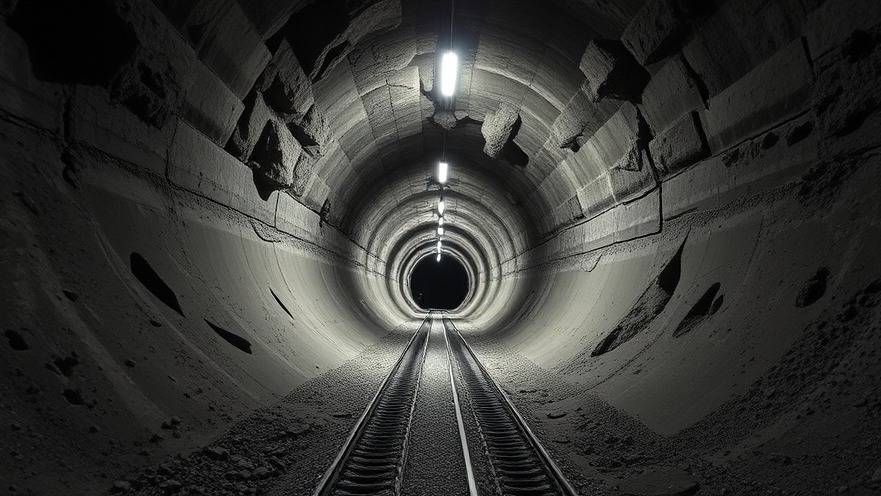
Elon Musk's Tunnel Ambitions: A Solution for Houston Flooding?
In a move that has caught the attention of both local residents and policymakers, Texas Congressman Wesley Hunt is playing a pivotal role in Elon Musk's vision to construct $760 million worth of tunnels beneath Houston. The aim is straightforward: combat the city's persistent flooding issues that worsen with climate change and urban development.
The Rationale Behind the Tunneling Project
Houston has a long and troubled history with flooding, with the tropical storms and hurricanes of recent years spotlighting this vulnerability. Elon Musk, leveraging his expertise through The Boring Company, hopes to create a different kind of infrastructure: tunnels designed to improve stormwater management. These tunnels would not only alleviate flooding but might also serve as quick transit routes in times of crisis. Musk's ambitious proposal, while still in its infancy, aims to utilize existing technology to address a pressing need in one of Texas's largest cities.
The Geological and Financial Feasibility of the Tunnels
Before the project can commence, feasibility studies will need to assess both geological conditions and financial logistics. Houston’s extensive clay and varying rock layers pose challenges for tunnel construction. Moreover, funding remains a significant element, and Hunt’s role may be crucial in navigating the complexities of state and local government financing to secure funding for this massive undertaking.
Community Sentiment: Hope or Skepticism?
While some residents envision a future where flash floods are a worry of the past, others are skeptical. Community opinions vary widely; many Houstonians remember past infrastructure projects that promised much but delivered less. Local advocacy groups are concerned that such projects may ignore the needs of neighborhoods most susceptible to flooding. Engaging citizens in the planning process may address these concerns, ensuring that the tunnels serve their intended purpose for all demographic groups.
Lessons from Other Cities Facing Similar Challenges
Other regions are already combating flooding with innovative underground solutions. For example, cities like London and Tokyo have implemented subterranean systems that manage excessive rainwater effectively. By studying these successful models, Houston can learn valuable lessons on design, community involvement, and effective funding strategies, potentially making Musk's tunnel project a game changer for flood management.
Future Predictions: A Safer, More Resilient Houston?
Should the project proceed and prove successful, it may present a model for other flood-prone cities. If Musk’s tunnels intervene effectively against flooding, it could reshape how urban areas manage stormwater. The efficacy of these tunnels could lead to widespread adoption of similar practices, perhaps influencing policy beyond Texas and even the U.S.
A Call for Collaboration and Transparency
As Congressman Hunt champions this proposal, it’s vital he ensures an open dialogue between stakeholders—government officials, community leaders, and residents. Transparency in project goals and progress could create trust and support among local participants, who ultimately are the ones most affected. It will be essential to monitor both the construction and ongoing management of the tunnels to truly assess their impact.
This ambitious endeavor stands to redefine flood preparedness and urban infrastructure in Houston. The excitement around this proposal reflects a deeper yearning for innovative solutions as urban challenges mount. The success of Musk’s tunnel project could herald a new era of urban resilience in Texas and beyond, inspiring cities grappling with similar issues.
 Add Element
Add Element  Add Row
Add Row 



Write A Comment